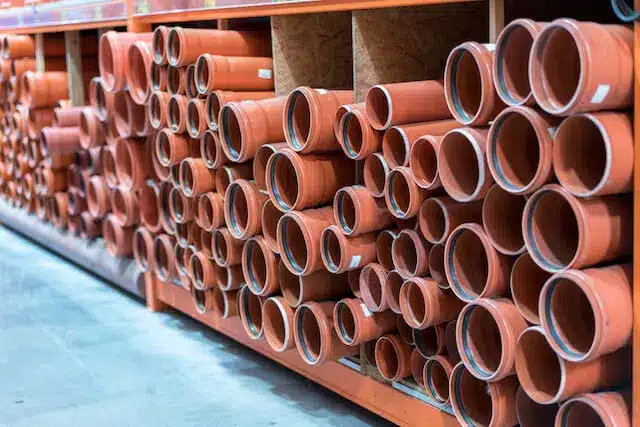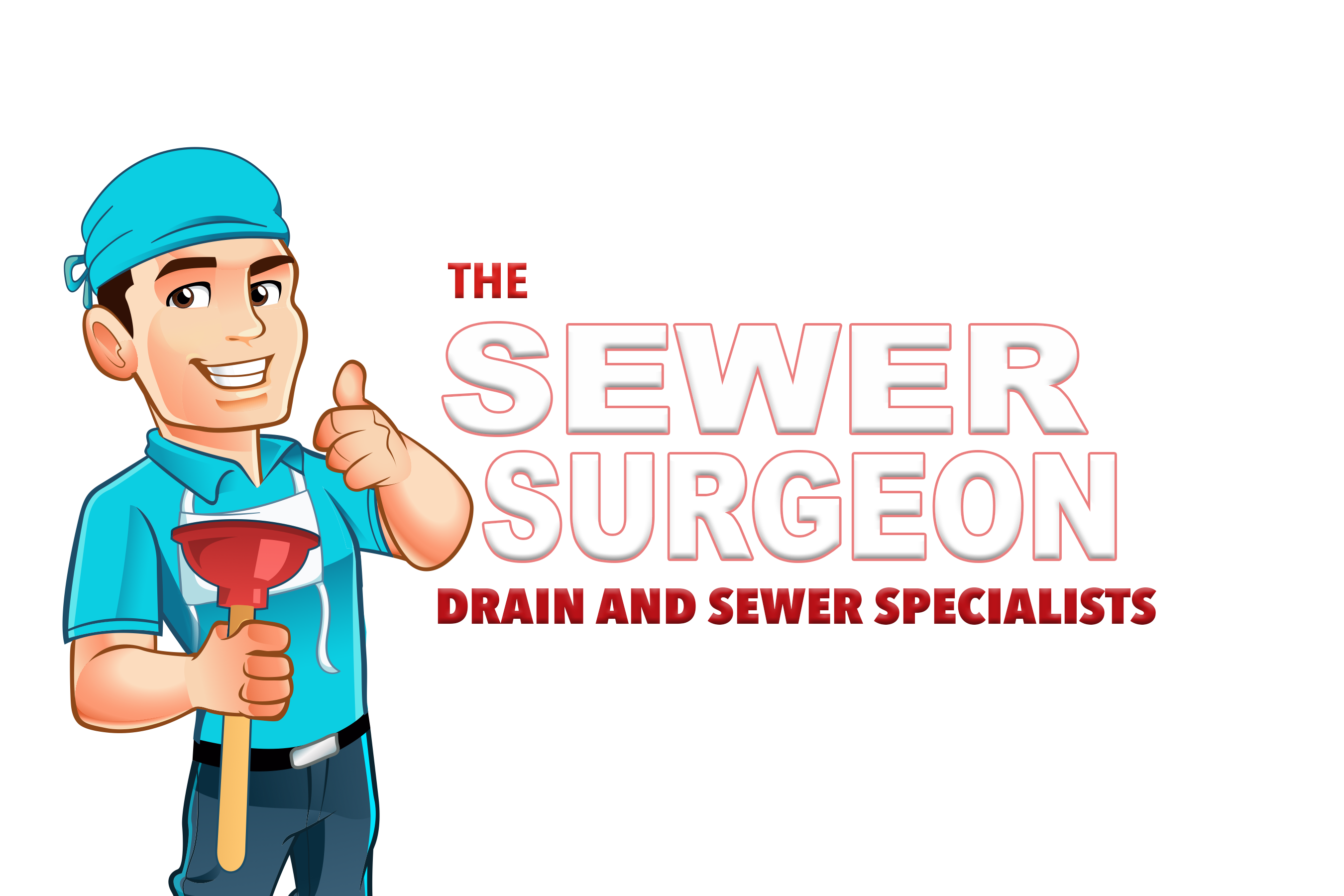Septic to Sewer Conversion Service
The way that your house handles wastes is key to your family’s comfort, safety, and well-being. Today’s homes have one of two waste-handling systems. Homes that are located in cities and other urban areas are usually connected to municipal sewer lines. City property owners pay a nominal monthly fee that covers the usage and maintenance of city sewer lines.
Homes that sit on multiple acres in rural areas likely have septic systems to handle the waste. These self-contained waste-handling systems are necessary since rural homesteads are too far from city sewer lines to make connecting to them feasible. As city sewer lines extend into more rural areas, property owners have the choice to keep their septic system or do a septic conversion to a city sewer system. Find out what is involved in septic to sewer conversion service, the benefits of converting to a city sewer system, and signs that it may be time to make the change.
What is Involed in a Septic to Sewer Conversion?
Septic to sewer conversion is a plumbing service that involves decommissioning a septic system and rerouting septic sewer drain pipes to city sewer line connections. When your septic system is in good condition, a septic conversion is a straightforward effort for licensed plumbers. Poorly maintained septic tanks and drain lines may require plumbers to do remediation services that make the septic to sewer conversion more complex than originally planned. When doing a septic conversion, you’ll also have to get permits from the city.

Benefits of City Sewer Versus Septic Systems?
Lower Maintenance
The main difference between septic and city-based sewer systems is required maintenance. Septic systems have pipes and tanks that take in waste products, separate water from solid wastes, and drain filtered wastewater into deep soil on your property. City sewer systems consist of connected drain pipes that send wastes to a processing plant. If you rely on a septic system, you’ll need to pay a qualified septic contractor to pump out the sewage wastes from your septic tank every three to five years. For the most part, the city maintains sewer lines, and you needn’t worry about maintaining anything.
No System Replacement
While septic systems are designed to last for decades, they are subject to wear due to age, poor maintenance, or defects. When your septic system reaches its end of life, you’ll have to pay to replace it.
Fewer Sewage Backups
Having self-contained septic systems seems like the way to go for people who want to live off the grid. However, a septic tank has a limited capacity. If you purchased a home that has a septic system, you may not know the condition of the septic tank or septic drain lines. When more wastes are pumped into a full septic tank, you may experience sewage backups. Damaged septic drain lines are also reasons for toxic sewage backups.
Signs That You're Ready for a Septic to Sewer Conceversion
Corroded or Damaged Septic Tank
Septic to sewer conversion can be a significant investment depending on the condition of your system. A septic tank is usually made of steel that rusts over time or concrete that tends to crack after many years of exposure to moisture. If your septic tank is damaged, it may be more cost-effective and safe to do a septic conversion. Getting rid of a corroded septic tank is also a matter of safety since people have been known to get hurt falling through rusted tanks that are hidden below ground.
Broken Septic System Pipes
When your system’s drain pipes become damaged, they can leak dangerous waste products into your yard. Besides causing your yard to smell rotten, you risk tracking sewage water into your home. This scenario offers most people plenty of motivation to do a septic conversion.
Anticipate a Home Sale in the Near Future
If you plan to sell your home in the near future, you should consider a septic conversion. Many people don’t want the hassle of maintaining their own sewage system and will make converting to city sewage a condition of the sale. To increase your chances of snagging a good buyer, you may want to do a septic conversion before placing your home on the market.
In Conslusion
Living on lots of land with wide-open spaces is a dream come true for many homeowners. When cities extend their sewer services to homes in rural areas, you have the opportunity to experience a key urban amenity while still enjoying the privacy and peace that a rural location affords. It’s the best of both worlds.

